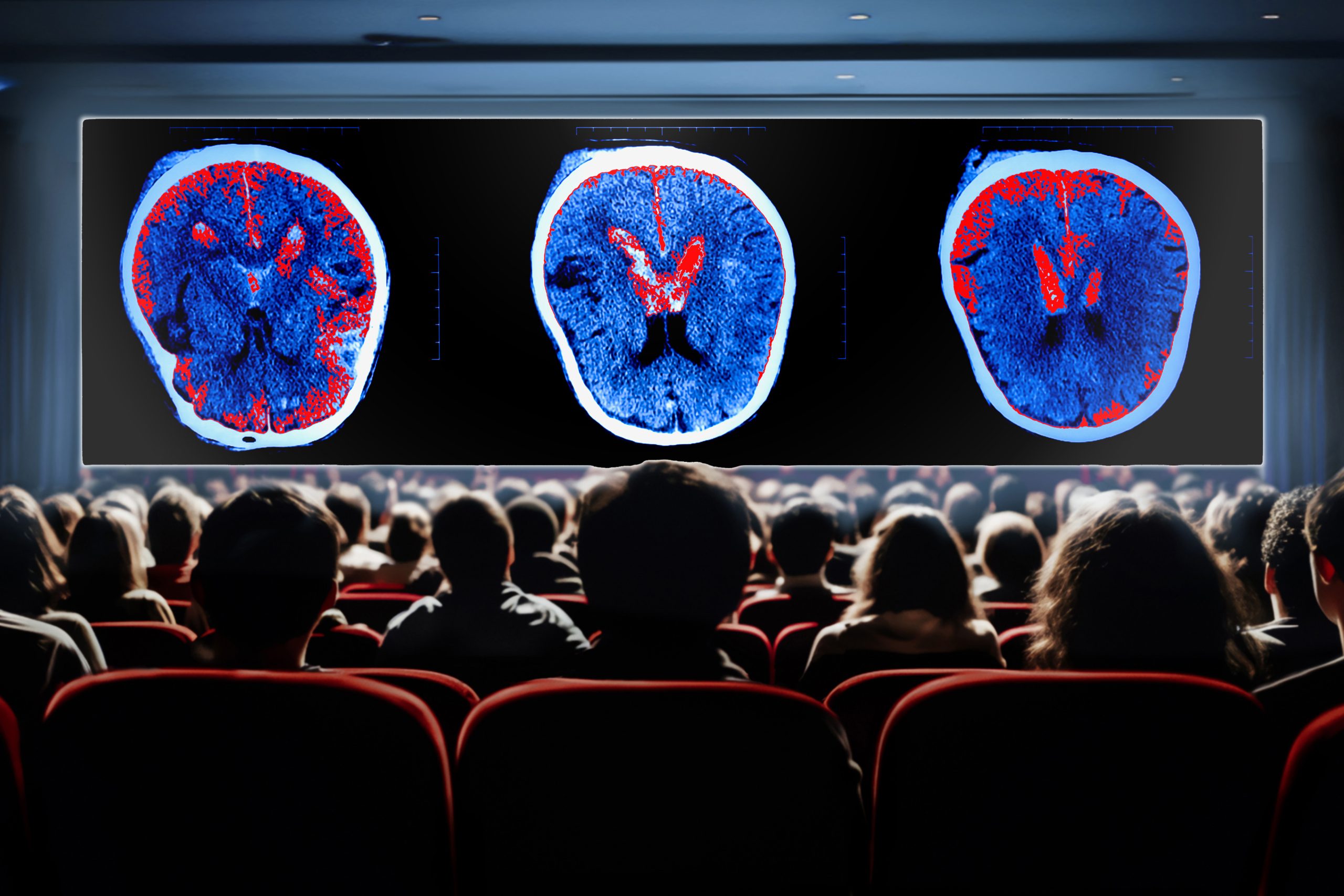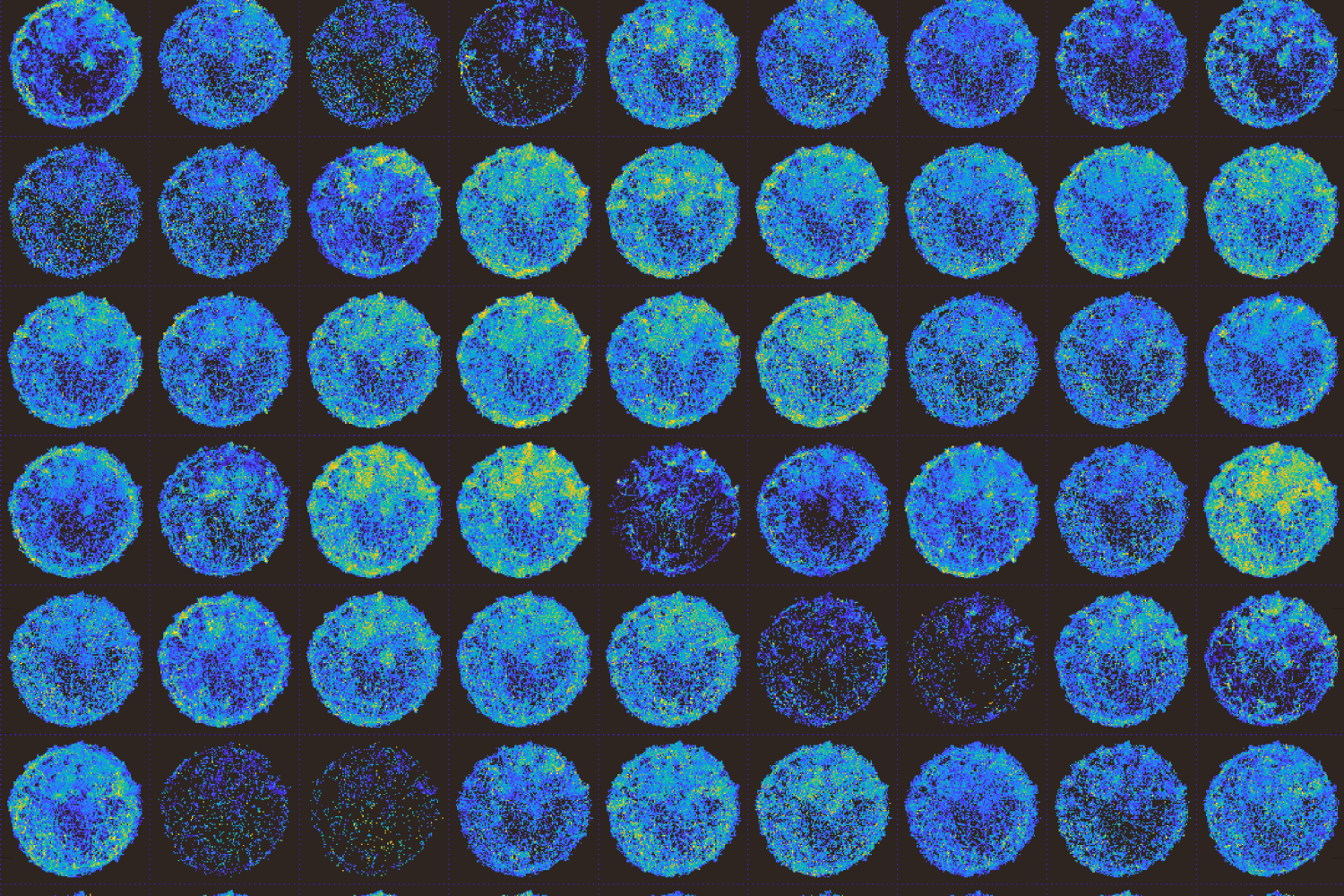Desimone is interested in how the brain deals with the challenge of information overload. Just as our world buzzes with distractions, the neurons in our brain are constantly bombarded with messages. Some messages contain relevant information, but many do not. By studying the visual system of humans and animals, Desimone has shown that relevant information is selectively amplified in certain brain regions, while irrelevant information is suppressed. One reason this happens is that neurons whose activity reflects the relevant information become synchronized with one another. The rhythmic activity produced by a group of synchronized neurons resembles a chorus chanting a tune that rises above the background chatter of the crowd. This synchronized chanting allows the relevant information to be ‘heard’ more efficiently by other brain regions.
Desimone’s work also suggests that the prefrontal cortex – a brain region known to be involved in planning and executive control of behavior – most likely serves as the conductor of this neural chorus. The prefrontal cortex provides a top-down signal that coordinates rhythmic activity across multiple brain regions. Desimone suspects this pattern of rhythmic activity is not just specific to attention, but could also represent a more general mechanism for communication between different parts of the brain.
Sometimes, distraction can be a good thing — a train barreling towards us should grab our attention regardless of what else we’re doing. But these kinds of “bottom-up” distractions must be balanced against the need to stay on message. If this balance is disrupted, many aspects of life may be impaired as a result. Desimone believes that altered neural synchrony may underlie many brain disorders that disrupt attention – such as attention deficit disorder, Parkinson’s disease, and schizophrenia – and that searching for ways to enhance synchrony may be a useful strategy for developing new treatments for these conditions.
Robert Desimone is director of the McGovern Institute and the Doris and Don Berkey Professor in the Department of Brain and Cognitive Sciences. Prior to joining the McGovern Institute in 2004, he was director of the Intramural Research Program at the National Institutes of Mental Health, the largest mental health research center in the world.





